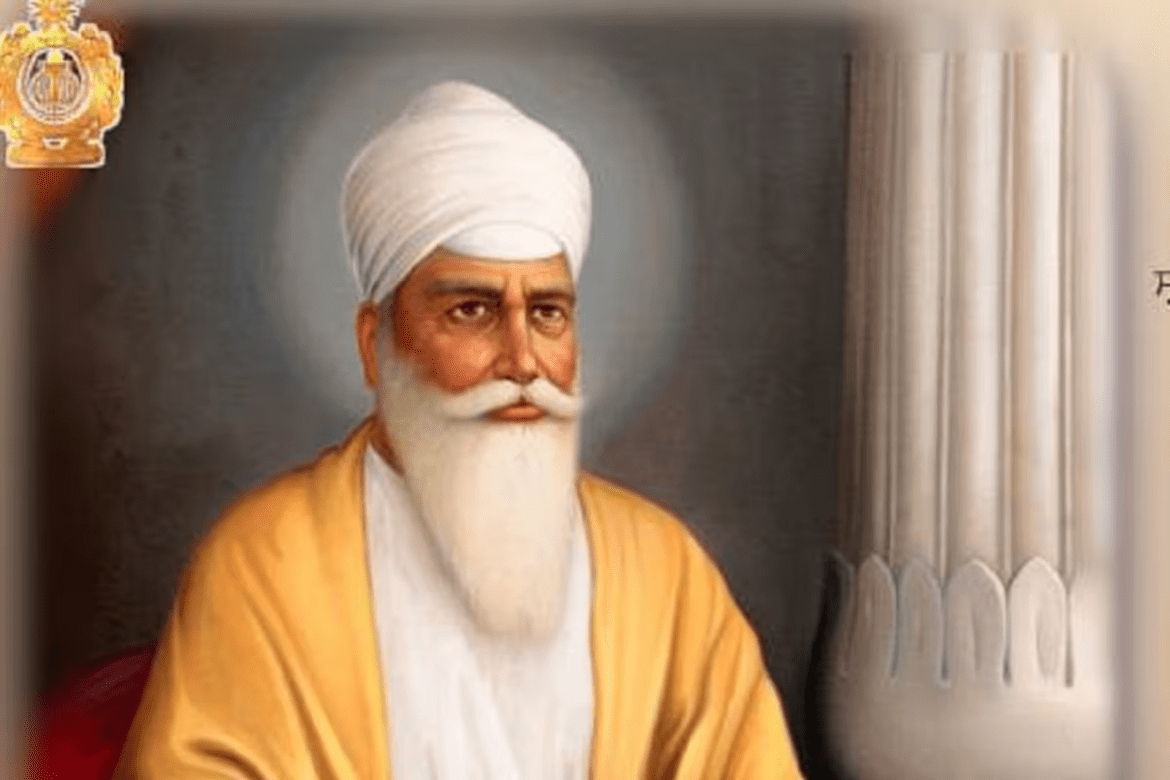AI Generated Summary
- Today marks a significant chapter in Sikh history as we commemorate the birth of Baba Ram Singh, the architect of the Namdhari movement, in the village of Bhaini Arairi, Ludhiana district, in 1816.
- As we reflect on the life and legacy of Baba Ram Singh today, it’s crucial to acknowledge his indelible impact on the fight against colonial rule and his unwavering commitment to the principles of Sikhism.
- Despite his steadfast adherence to Sikhism and his rejection of any claims to Guruship, his followers posthumously elevated him to the status of a Guru, a move that eventually led to the Namdhari sect’s divergence from mainstream Sikhism.
Today marks a significant chapter in Sikh history as we commemorate the birth of Baba Ram Singh, the architect of the Namdhari movement, in the village of Bhaini Arairi, Ludhiana district, in 1816. His journey, which began as a member of the Khalsa army under the reign of Maharaja Ranjit Singh, took a transformative turn with the onset of British colonial rule in Panjab in 1846.
The Namdhari movement, spearheaded by Ram Singh, emerged as a beacon of socio-political and religious reformation. Notably, on Vaisakhi day in 1857, he laid down the foundational principles and code of conduct for his followers. The movement advocated a return to the core values of Sikhism, requiring adherents to partake in the Khandi ki Pahaul ceremony and to live a life aligned with Sikh tenets.
However, the Namdhari movement was not just a religious revival; it was a clarion call against colonial oppression. Baba Ram Singh galvanized his followers to resist the British regime by boycotting British goods, educational institutions, law courts, and even postal services. This defiance was symbolized by their exclusive attire of homespun cotton, rejecting fabrics produced by their oppressors.
The movement’s resistance reached a climax in 1872 when Namdharis were involved in an attack on a government treasury, an incident that resulted in the tragic demise of eight police officers. The British response was swift and brutal—68 Namdharis were executed without trial, tied to cannons, and blown up on 17th January. In a calculated move, acknowledging the deep-rooted reverence for martyrdom within the Sikh community, the colonial authorities opted to exile Baba Ram Singh to Rangoon, Burma, instead of executing him. His 14-year confinement in the Burmese jungle culminated with his death on 29th November 1885.
The years following Baba Ram Singh’s death witnessed the persistent yet politically muted presence of the Namdhari movement. Despite his steadfast adherence to Sikhism and his rejection of any claims to Guruship, his followers posthumously elevated him to the status of a Guru, a move that eventually led to the Namdhari sect’s divergence from mainstream Sikhism.
As we reflect on the life and legacy of Baba Ram Singh today, it’s crucial to acknowledge his indelible impact on the fight against colonial rule and his unwavering commitment to the principles of Sikhism. His story is not just a chapter in Sikh history, but a narrative of resilience, faith, and resistance against British oppression.




